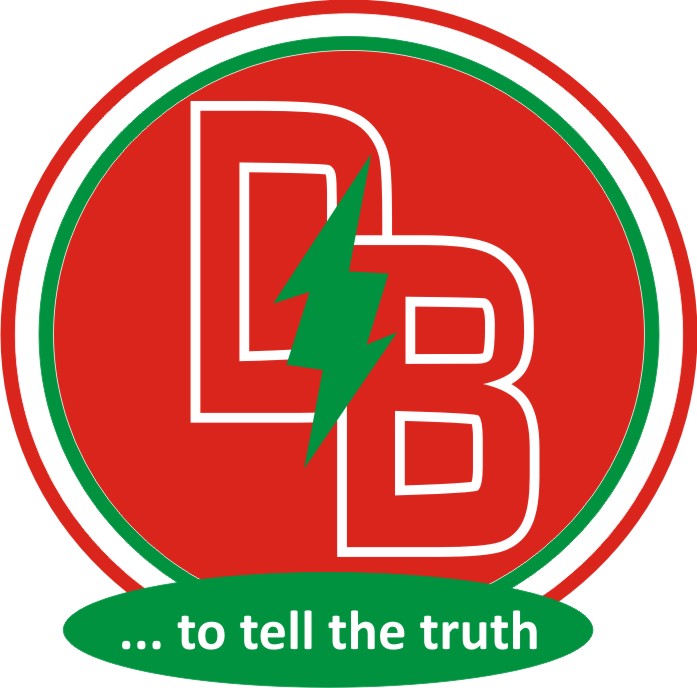
The Nigeria Labour Congress and Trade Union Congress have shelved their planned nationwide strike.
The two major unions had announced that there would be nationwide protests and strike action this week over the scarcity of naira notes across the country.
Last week, the NLC gave the Nigerian government seven days to cause the Central Bank and commercial banks to end the cash scarcity, warning that there would be nationwide protests and picketing of the apex bank’s branches from Wednesday should the government fail to accede to the demands.
It also directed affiliate unions to be on standby for picketing exercises at all branches of the Central Bank of Nigeria nationwide.
The apex bank introduced new N200, N500 and N1000 notes and directed that old notes cease to be legal tender from February 10. Although the Supreme Court later extended the deadline to December 31, 2023, Nigerians have continued to face hardship over the scarcity of banknotes.
However, at the end of its National Executive Council, NEC, meeting on Tuesday, NLC leaders gave the apex bank two weeks to normalise the money supply nationwide.
Meanwhile, Chris Ngige, Minister of Labour and Employment, said the federal government had started talking to the NLC to resolve the issues and avert the planned industrial action.
During the weekly ministerial briefing at the State House in Abuja on Tuesday, Ngige said that based on the Trade Dispute Act, once the minister commences reconciliatory moves to resolve a dispute, status quo ante bellum should be maintained.
According to Ngige, the NLC said it would have a National Executive Council meeting “because the initial decision to give that ultimatum was given by this same council”.
“By Section 7:8 of the Trade Dispute Act, once the minister apprehends and starts conciliation on it, you maintain status quo ante bellum. So, they have gone back now to review the situation. If they’re not satisfied with what they see, they will come back to me and I’ll invite the CBN again.
“But for now, the issue of discussion is no longer strike, the issue of discussion is implementation and how far it’s gone and how far it affects Nigerian workers and the general population,” he added.

